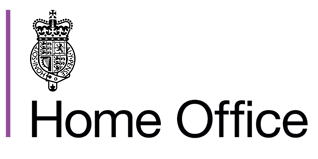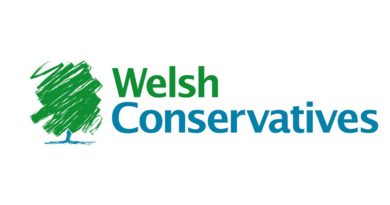PRESS RELEASE : One year on – government’s continuing commitment to Afghanistan
The press release issued by the Home Office on 25 August 2022.
New data published today (Thursday 25 August) shows the UK is fulfilling its obligations to the people of Afghanistan and remains committed to providing protection for them.
The data on the number of Afghans resettled in the UK since April 2021, shows that over 11,300 Afghans have been granted Indefinite Leave to Remain, through the bespoke visa schemes set up for them.
In addition, nearly 21,500 British Nationals and Afghans have been brought to safety prior to, during and following Operation Pitting, the biggest air evacuation since the Second World War.
The situation on the ground both in Afghanistan and in the UK remains complex, while Afghans continue to arrive in the UK and a steady stream of people are moving into settled accommodation each week.
The Home Office is working towards resettling hundreds of Afghan arrivals per month over the next three years through the Afghan Relocation and Assistance Policy (ARAP) for current and former Locally Employed Staff in Afghanistan, while the Afghan Citizens Resettlement Scheme (ACRS) will welcome up to 20,000 people in need, including women and children, LGBT+, religious and ethnic minorities.
Through ACRS, the government has started receiving its first referrals from the United Nations High Commissioner for Refugees (UNHCR) and will bring the first arrivals to the UK as soon as possible. From next year, the government will start working with international partners and NGOs so the UK can welcome wider groups at risk. As a result, in the next year over 3,500 Afghans are expected to arrive in the UK under ACRS.
Home Secretary Priti Patel said:
“The evacuation of Afghanistan was a race against time to get people out – the stakes had never been higher. The UK has a well-earned reputation for extending the hand of friendship to those in need and I am incredibly proud that nearly 21,500 people have so far made it to safety in the UK thanks to a huge government effort and the determination of the British public to help during very challenging, complex and intense circumstances.
One year on, our work to help Afghans resettled in the UK has not stopped – there are still weekly flights, our resettlement schemes remain open and we will be welcoming thousands more people to our country. We are also doing everything possible to move families into homes and I urge landlords and local authorities to come forward with suitable accommodation.”
The two visa schemes set up for Afghans fleeing the Taliban, ARAP and ACRS, will enable Afghans to rebuild their lives in the UK including receiving full access to public services, education and benefits, including Universal Credit, as well as the right to work as soon as they arrive here. In less than a year, almost 7,400 Afghan evacuees have been provided with permanent homes.
The government is working hard to provide accommodation for Afghans, however the data published today shows 9,667 Afghans are living across 66 bridging hotels. As a result, more than 2,000 properties are required, so families can move out of hotels and into homes.
The Home Office and Department for Levelling Up, Housing and Communities are reaching out to landlords, property developers and the wider private rented sector, including property website RightMove, to encourage further offers of homes.
In addition, the government is working directly with education bodies to turn student accommodation into long-term housing for Afghan families.
Minister for Refugees Lord Harrington said:
Finding long term housing for Afghans is a very real and complex challenge. While the number of hotels in use has reduced, we are determined to move people out of bridging accommodation as quickly as possible so Afghans can start their new lives in the UK.
We are doing everything in our power to encourage councils and landlords to come forward, while also looking at innovative solutions to source accommodation. The use of hotels is a temporary solution and is not a policy we want to pursue, but in the meantime they do provide safe, clean and secure accommodation.



